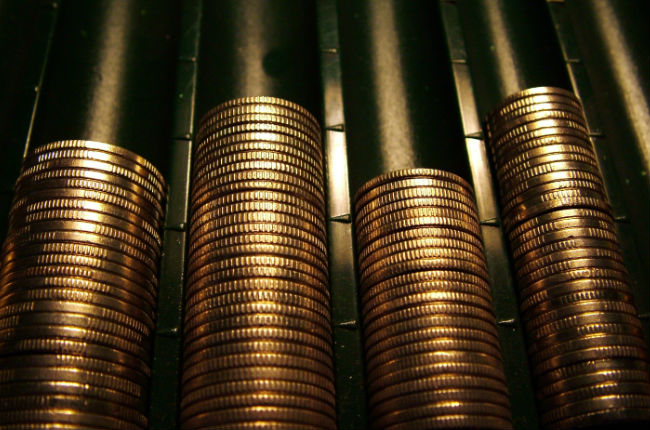
Foreigners and expats are no stranger to the Goods and Services Tax (GST) or Value Added Tax (VAT) as these taxes have been implemented in many countries for a while now.
Budget 2015 was announced on 10 October and effective 1 April 2015; the government of Malaysia will implement a GST of 6%, thereby abolishing the Sales Tax (10%) and Service Tax (6%). The GST implementation is part of the government’s tax reform programme to enhance the capability, effectiveness and transparency of tax administration and management. This more comprehensive and business friendly tax system can overcome the various weaknesses inherent in the present consumption tax system to avoid cascading tax, double tax and pyramiding tax, tax erosion and leakages through transfer pricing and other means.
About GST in Malaysia
GST Malaysia is imposed on the consumption of goods and services at every production and distribution stage in the supply chain. The tax burden is borne by the end consumer. The sales tax is imposed at the stage when the goods are being manufactured. The Service Tax is imposed on specific services provided.
The Government’s Part in Helping Malaysians Cope with GST
GST is imposed on all goods and services produced in Malaysia, including imports. To ease Malaysians into the GST, Prime Minister Datuk Seri Najib Abdul Razak has agreed to widen the scope of items that will not be subjected to GST. Certain basic food items and essential services are not subject to GST. These fall under Zero-Rated Supply and Exempt Supply.
Zero-Rated Supply
Zero-Rated Supply basically means that good and services sold by companies are free of GST. Companies and business are allowed to claim for GST paid for assets, purchases or expenses, for their business under Input Tax Credit. The goods and services below are free from GST.
- Agricultural products such as fresh or chilled vegetables.
- Foodstuff such as oils, salt, flour, etc.
- Livestocks and livestock supplies.
- Eggs.
- Live, fresh, frozen and dried fish.
- First 300 units of electricity for domestic use.
- Water for domestic use.
- Exported goods and exported services and more.
You can click here for a full list of Zero-Rated Goods and Services.
Exempt Supply
Exempt Supply basically means that goods and services sold by companies are free from GST. However, when these companies pay GST on assets, purchases and expenses for their business and company, they are not allowed to claim it under Input Tax Credits. The GST paid will be absorbed by the company as part of their business cost. List of those that fall under the exempt supply include;
- Financial services.
- Public transport services.
- Childcare services and more.
- Public transport services such as LRT, ERL, MRT, Monorail.
- Ships, boats and ferries.
- School, feeder, express and workers’ bus.
- Taxi.
You can click here for a full list of Goods and Services under Exempt Supply.
According to the Najib, items such as local and imported fruit, white and whole meal bread, coffee powder, cocoa powder, tea, yellow mee, kuey teow, laksa and mee hoon, along with the National Essential Medicine, covering almost 2,900 medicine brands, will be free from GST. Aside from these items, he added that reading materials – including children’s colouring books, exercise and reference books, text books, dictionaries, religious books and newspapers would be GST-free.
In his Budget 2014 speech last October, Najib had announced that GST would be introduced from April 1, 2015 at a rate of 6% which he had said was the lowest in the Southeast Asia region. GST Malaysia is lower than the 10% imposed by Indonesia, Vietnam, Cambodia, the Philippines, and Laos and 7% in Singapore and Thailand.
Najib also said that out of the 944 goods and services covered under the Consumer Price Index, the prices of 532, or 56% of items were expected to rise by 4.1%.
“Among the goods are medicines, electrical appliances such as refrigerators and washing machines, textile products, plastic products such as pails and plates, shoes and slippers, household furniture, baby diapers, soap, meat, chicken eggs, cooking oil, seafood, rice and vegetables,” said Najib.
He added that another 354 goods and services would see a price increase, but one that was less than 5.8%.
Visit the official website to learn more about GST.
Read more:
"ExpatGo welcomes and encourages comments, input, and divergent opinions. However, we kindly request that you use suitable language in your comments, and refrain from any sort of personal attack, hate speech, or disparaging rhetoric. Comments not in line with this are subject to removal from the site. "






















